Big deals
On January 17, DongA Bank and GPBank were compulsorily transferred to HDBank and VPBank according to the plan approved by the Government.
SCB is currently under special control since the end of 2022. After a period of facing many difficulties, SCB is continuing to reduce the scale of operations, including closing a number of transaction offices and the bank's operations are being maintained through support measures from the State Bank.
The State Bank is studying the proposal of some investors to participate in restructuring SCB to soon submit to the Government a plan to restructure this bank according to regulations.
At the State Bank's press conference in early January 2025, Deputy Governor Dao Minh Tu said that SCB's situation is being maintained stably, ensuring people's deposits, along with handling violations and weaknesses caused by the bank and individuals.
SCB's restructuring plan is also being actively developed.
|
2 banks to transfer mandatory by early 2025. |
Previously, in mid-October 2024, Vietnam Construction Bank (CB) and Ocean Bank were officially transferred to Vietcombank and MB. This is the first time this special form of M&A has taken place in Vietnam.
Also in early 2025, SeABank transferred 100% of the shares of Post and Telecommunication Finance Company (PTF) to AEON Financial Service Co., Ltd. (AEON Financial) - a member of Aeon Group (Japan).
This is a major acquisition in the consumer finance sector with a total value of VND 4,300 billion, completed more than a year after the capital transfer contract was signed by the two parties in October 2023. This deal marks a major step forward in SeABank's strategy to improve financial capacity and expand its position in the retail banking sector.
Along with that, the proposal of Japan's Ayudhya Public Company Limited (Krungsri) to buy the remaining 50% of SHBFinance's shares, in order to own 100% of the company's capital, also attracted attention in the context of major banks in the world looking for investment opportunities in the Vietnamese market.
Meanwhile, the most anticipated M&A deals this year are the billion-dollar capital sales of Vietcombank and BIDV. Although both banks had proposed this plan at the 2024 Annual General Meeting of Shareholders, it had to be postponed due to unsuitable market conditions.
According to a report by MB Securities Company (MBS), both Vietcombank and BIDV have decided to postpone their share issuance plans to 2025. Previously, Vietcombank leaders said that the bank is working closely with international consultants and expects to complete this deal in the first half of 2025.
Currently, the number of domestic banks with foreign strategic shareholders is still quite limited, including VietinBank (MUFG Bank), BIDV (KEB Hana Bank), Vietcombank (Mizuho), VPBank (Sumitomo Mitsui Banking Corporation) and OCB (Azora Bank). Banks without foreign strategic shareholders, such as Nam A Bank and LPBank, are actively negotiating with potential partners to find suitable investors, with notable deals expected to take place in 2025.
What motivates bank M&A?
Economist Dinh Trong Thinh said that the implementation of weak bank transfer deals is necessary to protect the interests of depositors and open up opportunities for strong banks to take over and restructure these banks. This contributes to making the Vietnamese banking system more stable and sustainable.
According to the Law on Credit Institutions 2024, effective from July 1, 2024, regulations on compulsory transfer of weak banks have been clarified, creating a solid legal corridor for implementation. These regulations not only ensure the rights of depositors and related parties but also help the receiving banks to carry out the restructuring process safely and effectively.
According to experts, banks always face pressure to increase charter capital, because they must continuously meet credit growth requirements. In principle, if credit grows at a single-digit rate, charter capital must also increase at least proportionally. Therefore, experts consider foreign capital mobilization to be an urgent step to implement long-term capital increase strategies. Foreign partners not only help banks supplement financial resources but also create opportunities to take advantage of management experience and improve risk management capacity according to international standards.
A State Bank leader said that although the financial health of the Vietnamese banking system has improved, the capital adequacy ratio (CAR) of domestic banks is still significantly lower than the regional average. Moreover, in the context of decreasing interest rates and weakening financial health of enterprises, capital mobilization has become more difficult for banks.
Therefore, increasing charter capital is considered an important solution to improve the sustainability and competitiveness of the banking system. However, this activity also faces many challenges because the investment capital flow from major shareholders into banks is increasingly tightly controlled to prevent cross-ownership and manipulation of banking operations.
Tienphong.vn
Source: https://tienphong.vn/trong-vong-xoao-mua-ban-va-sap-nhap-ngan-hang-so-phan-scb-se-ra-sao-post1713388.tpo


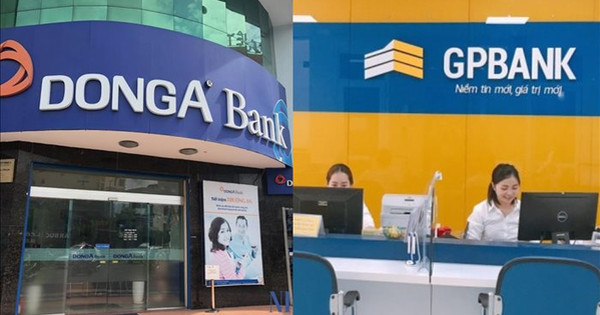





![[Photo] Da Nang: Hundreds of people join hands to clean up a vital tourist route after storm No. 13](https://vphoto.vietnam.vn/thumb/1200x675/vietnam/resource/IMAGE/2025/11/07/1762491638903_image-3-1353-jpg.webp)
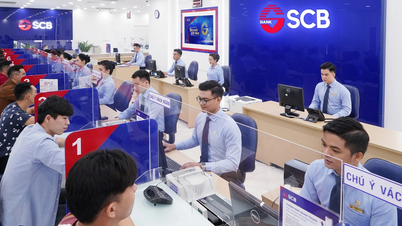

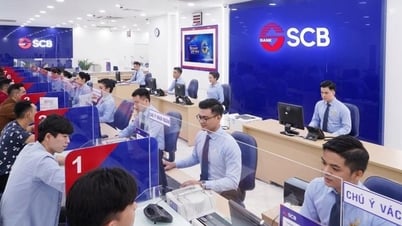

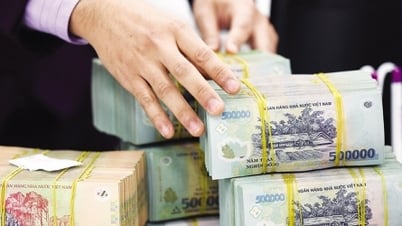


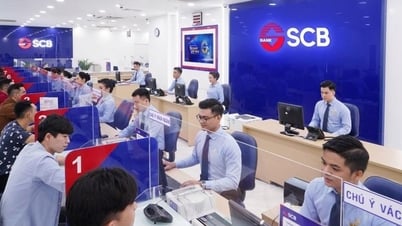

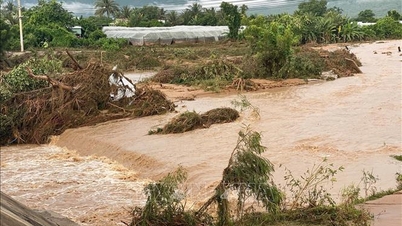


































































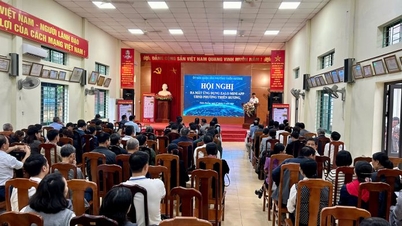





















Comment (0)